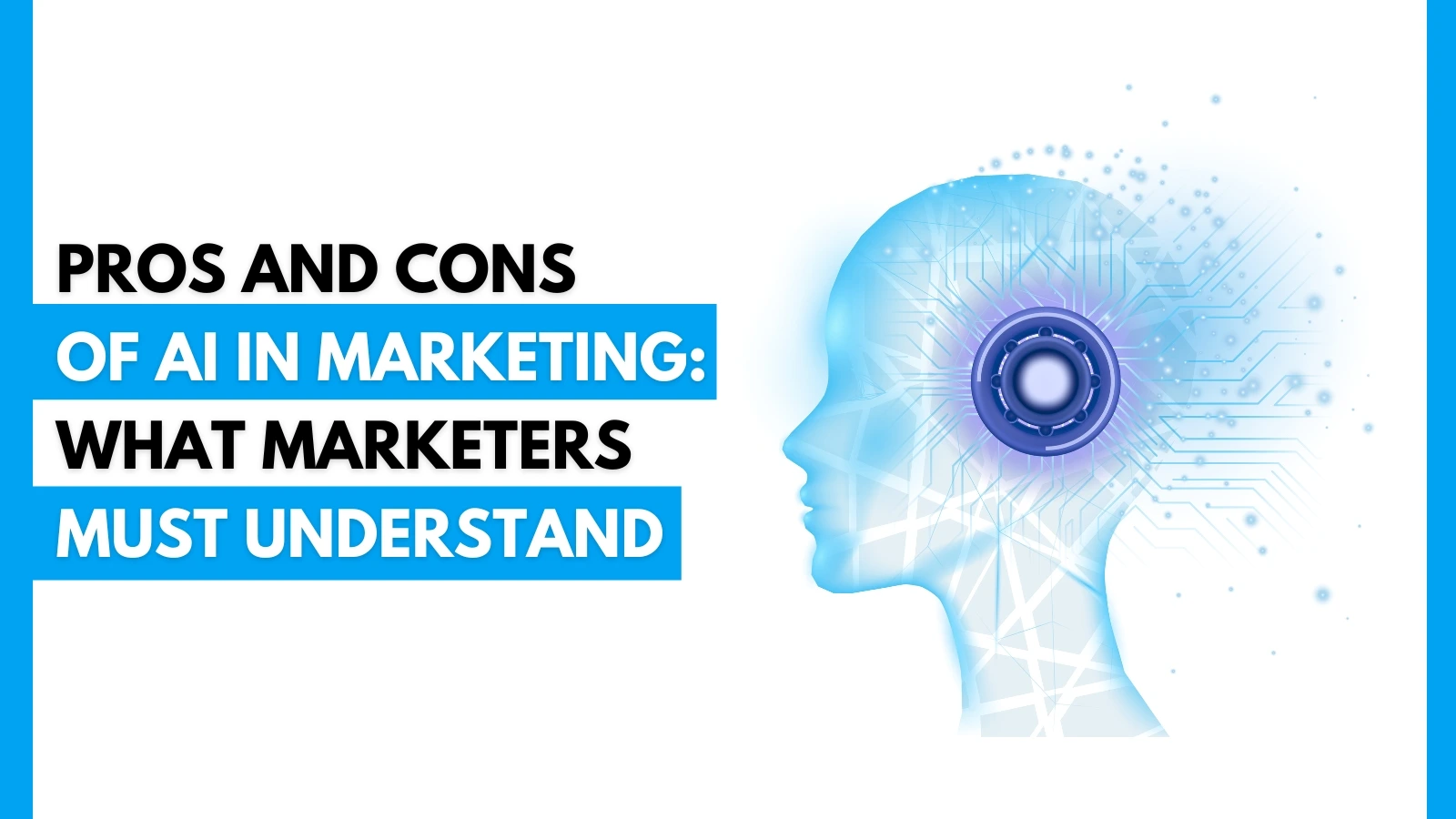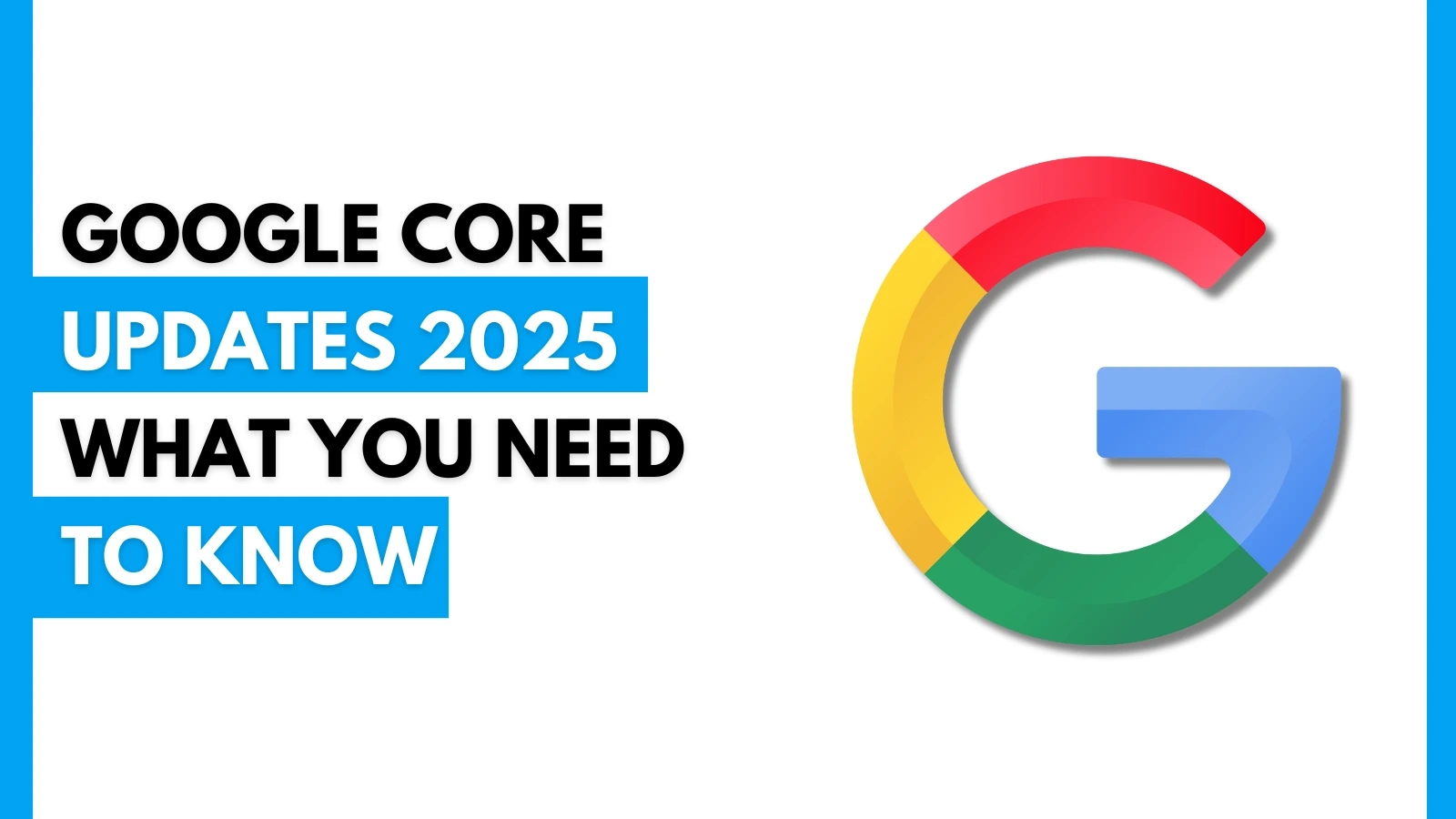Ever wonder how search engines work their magic and consistently locate the exact content we're looking for online? They function similarly to useful directories that link users to websites, facilitating simple keyword searches by site visitors.
Consider it from the user's perspective: search engines are similar to the spell! Enter a question, hit Enter, and soon you'll have access to all the information you require from the huge world of the internet.
Large search engines, such as Google and Bing, are further simplifying matters by providing immediate responses in their search results. They save us time by displaying the information we require instantly. However, how do they do that? To begin with, let's clarify what a search engine is.
Welcome to our blog. In this blog, we'll explore how search engines work and uncover their secrets. let us discuss "Principal Functions of Search Engine (How Search Engines Work)".
What is a Search Engine?
An online search engine is similar to a useful manual. You use it to search the internet for anything, be it a specific website or just general knowledge about a subject. The most popular ones, Google, Bing, and Yahoo, are most likely familiar to you. These search engines are similar to extremely intelligent computer programs that comprehend your search query and present you with the most relevant results.
Consider a search engine as a vast library that houses all of the internet's knowledge. The search engine swiftly scans all the pages it is aware of and locates the ones that match your query when you write something into the search bar. You type a question into a search engine, and it gets the answer for you. It works something like magic.
When they go online, a lot of individuals use search engines as their initial port of call. You can enter a question or topic to find out additional information about it, or you can use it to find a specific website that you know the name of. After that, the search engine provides you with a list of web pages, photos, videos, and other content associated with your query. It's like having a personal assistant who searches the Internet for exactly what you require.
Behind the scenes, search engines have special programs called web crawlers etc. These programs constantly explore the internet, visiting websites and collecting information to make searching faster and more accurate. When you search for something, the search engine uses all the information it has collected to find the best results for you. So, next time you need to find something online, remember that your trusty search engine is there to help you out.
How Search Engines Work?
- Crawling
- Indexing
- Ranking
- Query Processing
- Spell Correction
- Safe Search
- Filtering and Sorting
1. Crawling
As you know or may not know every search engine is powered by a team of digital crawlers that work continuously to search the immense expanse of the World Wide Web. These automated programs, known as bots or spiders, systematically scan through web pages, indexing the content for future access. Crawling involves clicking on hyperlinks, following paths from one website to the next, and discovering new or updated content. Consider it a digital journey, with each click of the spider's legs revealing a new part of the internet. You can obtain data from a vast data source, which may include keywords, videos, codes, and so on.
2. Indexing
Crawlers search the web and organize their discoveries to create a digital library. Indexing categorizes web pages according to their content, keywords, and metadata. This is similar to a large, well-organized library, with pages assigned to digital shelves so that when you need anything, it is easy to find. This organizational structure allows search engines to quickly collect relevant pages when users enter a query.
3. Ranking
Ever wondered why certain websites dominate search results while others fade into invisibility? It all comes down to ranking, a complicated interaction of algorithms that determines the relevance and authority of web pages. Search engine algorithms rank pages based on several aspects such as the quantity of keywords, backlink profile, user engagement metrics, and content quality. Consider it a digital democracy, with the most authoritative and relevant pages rising to the top.
4. Query Processing
When you enter a query into a search engine, it begins a journey to interpret a mysterious language of human purpose. This process, known as query processing, entails analyzing the user's query, comprehending its language, and finding the most relevant data from the database. Whether you're looking for answers to urgent questions, complex facts, or the latest trends, search engines attempt to produce results that match your goal. It's an act between human and computer, with algorithms attempting to predict your desires before you even express them.
5. Spell Correction
In the hectic lifestyles of online search, typos are an unavoidable problem. Fortunately, search engines have spell correction algorithms that can comprehend even the most messy of searches. Whether you mistakenly rearrange letters, misspell words, or violate language with recklessness search engines can typically detect your meaning and recommend fixes accordingly. It shows the flexibility and understanding of modern search technology.
6. Safe Search
In an era of online dangers, search engines serve as digital guardians, protecting users from dangerous or inappropriate content. Search engines use technologies like Safe Search to filter out problematic content, providing a safer surfing experience for consumers of all ages. Search engines attempt to provide a family-friendly environment in which users can browse the web without the worry of encountering inappropriate material by implementing powerful screening methods and utilizing smart algorithms.
7. Filtering and Sorting
Have you ever found yourself drowning in a sea of search results, begging for a lifeline to pull you on land? Fear not, search engines provide an endless number of filtering and sorting options to help you navigate the stormy waves of information overload. Whether you're looking for the most recent news items, product reviews, or scholarly research papers, search engines let you filter your results by date, location, content type, and other factors. It is a strong toolbox that allows users to focus on the information that is most important to them.
How Search Engine Algorithms Work
1. Analyze User Query: The first thing that comes is obviously When you type something into a search engine, it first analyses what you're looking for. It tries to understand what you said and what you're looking for.
2. Finding Matching Pages: Once the search engine understands what you're looking for, it searches the internet for web pages that may have the answers. It searches millions of pages to discover the ones that most closely match your query.
3. Present the Results to the Users: After collecting several possible contests, the search engine arranges them like books on a library shelf. Then it selects the ones that are most likely to be what you're looking for and displays them on the search results page.
4. Evaluate Page Quality: It's not simply about discovering pages that contain your keywords. The search engine also wants to ensure that the pages are of good quality. It considers factors such as how many other websites link to that page and whether it appears trustworthy.
5. Handle Duplicates: Sometimes the search engine finds multiple pages that appear to be nearly identical. In certain situations, it attempts to determine which one is the original and displays it to you rather than showing duplicates.
6. Utilize Machine Learning Techniques: Search engines are constantly getting smarter. They use sophisticated techniques such as machine learning to improve query understanding, page quality evaluation, and user results presentation. It's like giving them a large brain to learn from all of the searches people conduct.
How Search Engines Rank Results
1. Backlinks: Think of backlinks like recommendations. If lots of other websites link to a page, it's like they're saying, "Hey, this page is exactly what you are looking for" Search engines pay attention to these recommendations and might rank a page higher if it has lots of quality backlinks.
2. Relevance: This is all about how closely a web page matches what you're looking for. If your search is about books, you'd expect pages about notebooks to be ranked lower because they're not as relevant.
3. Updates Data: Imagine searching for news or updates. You'd want the latest information, right? Search engines also take into account how recent a page's content is. Fresher pages often get a little boost in rankings.
4. Language: Search engines also take into account the language you are using. If you search in French, for example, you are more likely to see French-language pages.
5. Page Speed: Nobody likes waiting forever for a page to load, right? Search engines know this too. They prefer to show pages that load quickly because it makes for a better user experience.
6. Mobile Friendliness: With so many people using smartphones to explore the web, search engines priorities pages that are mobile-friendly. If a page appears amusing or takes forever to load on a phone, it may not rank as high.
The Goal of Search Engines
You must be wondering, after all of this, what the aim of search engines is, and the goal is to assist people locate the information they are looking for quickly and easily. This refers to search results that are relevant to the user's query. However, the goal does not end here; there are many more, and they focus on providing consumers with the most up-to-date information and news. Also, search engines want everyone to be able to utilize their services, so they add features such as voice search and access tools. Search engines also assist consumers in locating trustworthy sources of information, which is critical in an era of widespread disinformation. They encourage people to create quality content by ranking the best material higher in search results. Furthermore, they are all about exploration, making it simple to locate exciting and novel stuff online. And, yes, they get money from advertisements, but it is just how they keep the lights on. Overall, search engines aim to make the internet a more welcoming, more useful environment for everyone.
Conclusion
Search engines are the internet's heart rate, leading us through our online travels more quickly and intelligently than ever before. They're like our trusted companions, assisting us in finding what we're looking for quickly and accurately. They have our backs, whether it's answering difficult queries or providing us with cool pictures to accompany our searches. Understanding why they exist and what they seek to accomplish allows us to explore a wide range of possibilities and embark on exciting journeys of research. So, whether we're delving into complicated problems or simply hunting for the right image, search engines exist to make our internet journeys easier and more fun.


.jpg)



.webp)



















.webp)






















 A Complete Guide.webp)











































.jpg)










 Efficiently.jpg)
.jpg)
























.jpg)
























.jpg)


















.jpg)
.jpg)




























.webp)





.jpg)


















 Campaign.jpg)




.jpg)

.jpg)

.png)



.jpg)



.jpg)
.jpg)
.jpg)



.jpg)








.png)
.jpg)




.jpg)

.jpg)
.jpg)


.jpg)


.jpg)



.jpg)





















.jpg)














.png)





















.jpg)






.png)

.png)



.png)

.png)
.png)



.png)
.png)
.png)
.png)
.png)

.png)
.png)
.png)
.png)
.png)
.png)
.png)
.png)
.png)
.png)
.png)

.png)
.png)
.png)
.png)
.png)
.png)
.png)
.png)
.png)



.png)
.png)
.png)

.png)
.png)
.png)
.png)
.png)
.png)
.png)
.png)
.png)
.png)
.png)
.png)
.png)
.png)
.png)
.png)
.png)
.png)
.png)
.png)
.png)
.png)
.png)
.png)
.png)
.png)
.png)
.png)
.png)
.png)
.png)


.png)
.png)

.png)
.png)
.png)
.png)
.png)
.png)
.png)
.png)
.png)
.png)
.png)
.png)
.png)
.png)
.png)
.png)
.png)
.png)
.png)
.png)

.png)
.png)
.png)

.png)
.png)
.png)
 (1).png)
.png)
.png)
.png)
.png)
.png)
.png)
.png)
.png)

.png)

.png)
.png)
.png)
.png)
.png)
.png)
.png)

.png)
.png)
.png)
.png)
.png)
.png)
.png)
.png)
.png)
.png)
.png)
.png)
.png)
.png)
.png)
.png)


.png)
.png)
.png)
.png)
.png)
.png)
.png)

.png)
.png)
.png)
.png)
.png)
.png)
.png)
.png)
.png)

.png)
.png)

.png)
.png)
.png)

.png)
.png)
.png)

.png)
.png)
.png)
.png)
.png)
.png)
.png)
.png)
.png)
.png)
.png)
.png)
.png)
.png)
.png)
.png)
.png)
.png)
.png)